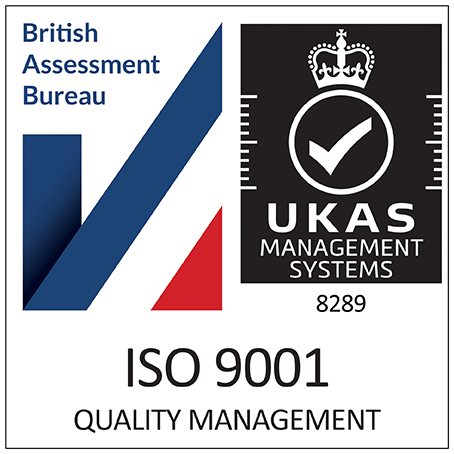 CPR Rule 45.43
CPR Rule 45.43
The Aarhus Convention
By Matthew Pascall, Barrister, Guildford Chambers
In claims for Judicial Review arising out of planning issues, caps on the parties’ liability to pay and recover costs can be imposed under the terms of CPR Rule 45.43, which gives effect to the Aarhus Convention.
CPR Rule 45.43 and its accompanying Practice Direction came into force in April 2013. JR Claim Forms (N461) now include a box in section 6 in which a claimant can indicate that theirs’ is an Aarhus convention claim caught by this rule.
Effect of the Rule & the Convention
If unsuccessful in the claim:
- An individual claimant cannot be ordered to pay more than £5,000 in costs to the other parties in the claim;
- A claimant who is a business or who is claiming on behalf of others cannot be ordered to pay more than £10,000 in costs to the other parties
If successful in the claim:
- No claimant can recover more than £35,000.
What Types of Claim are Covered by the Rule and the Convention?
In Venn v. SSCLG [2014] EWCA Civ. 1539 the Court of Appeal considered what types of claim fall within the scope of the Aarhus Convention and CPR Rule 45.43. The Court concluded that: –
- It applied to almost every type of planning based claim including claims involving a challenge to the application of a development plan as well as the application of policies to a particular planning dispute;
- It only applied to claims for Judicial Review and not to other planning litigation such as statutory appeals under sections 288 and 289 of the Town and Country Planning Act 1990 and section 113 of the Planning and Compulsory Purchase Act 2004.
CPR Rule 45.44 – Disputing the Application of the Rule & the Convention
When filing and serving the Acknowledgment of Service form, a defendant can indicate that he does not agree that the claim is covered by the rule and convention. The Court then has to determine that issue. If the defendant is unsuccessful and the Court finds that the rule applies, it will usually order the defendant to pay costs on the indemnity basis. If it agrees and finds that the rule does not apply, it will usually make no order as to the costs incurred in resolving that issue.
What type of claimant can seek the protection given by CPR Rule 45.43 & the Convention?
In broad terms, the convention was designed to enable the State to be challenged in environment cases without exposing those making such a challenge to a significant financial risk.
To achieve this end, the Practice Direction draws a distinction between a) individuals and, b) all other cases including individuals acting on behalf of a business or other legal person. The £5,000 cap applies in the first case and the £10,000 cap applies in all other cases.
How is this distinction drawn in practice?
In R (Botley Action Group) v. Eastleigh BC [2014] EWHC 1982 and R (i) Baggus & ii) Forest of Dean Friends of the Earth) v Forest of Dean DC [2013] EWHC 4397, residents’ groups were able to take advantage of the lower, £5,000 cap, although it might seem unusual that a group should be regarded as an individual. In Botley, Collins J justified this view by saying: “One knows, as a matter of reality, that in, I suspect, 99 cases out of a hundred, perhaps even in a hundred, where you have a group of claimants who joined together because they all have the same interests, and effectively it is fair to treat them as one claimant. I think that is the approach that generally will be adopted.”
In Baggus Holman J applied the lower cap and justified the decision in the following way when discussing the issue with counsel: “Whether it is a claimant or several claimants as an action group, they are certainly not claiming on behalf of a business.
There is no business interest here… They are not claiming on behalf of some other legal person, so they are, in the end, whether they are one individual or several, they are claiming as individuals, so I am going to set it at £5,000.”
Local authorities enjoy the upper, £10,000 limit, where, as a claimant, they seek to challenge a planning decision that falls within the Convention: R. (on the application of HS2 Action Alliance Ltd) v Secretary of State for Transport [2015] EWCA Civ 203.
When considering a pursuing or defending a claim for Judicial Review claimants should:
- Use individual claimants where possible;
- Raise the issue of CPR Rule 45.43 in correspondence with the prospective defendant before the claim is issued, provide reasons why the rule applies in the particular case and try and seek agreement as to how the rule should apply;
Defendants should:
- Take a realistic view about the likely cost of defending the claim in a situation where they might only recover £5,000 in costs if they are successful;
- From the outset budget for the litigation on the basis of the limited scope for recovering costs;
- Not forget that there is a £35,000 limit on the amount of costs they would have to pay a successful Claimant.


